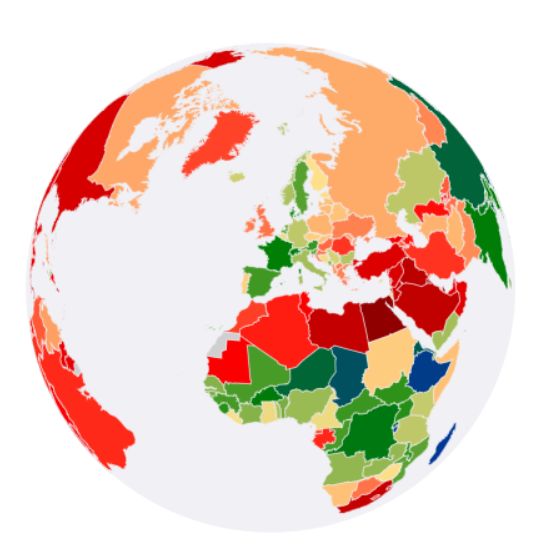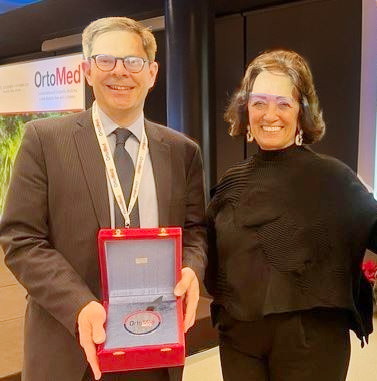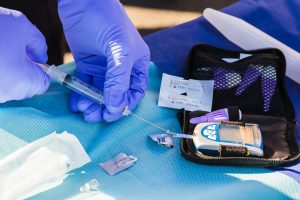 Researchers at the Medical Research Council (MRC) Lifecourse Epidemiology Unit, University of Southampton, recruited over 1,000 pregnant women across Southampton, Oxford and Sheffield to the MAVIDOS study, a randomised, double-blind, placebo-controlled trial of vitamin D supplements in pregnancy, demonstrating improved bone mass amongst babies born in winter months to mothers who received vitamin D.
Researchers at the Medical Research Council (MRC) Lifecourse Epidemiology Unit, University of Southampton, recruited over 1,000 pregnant women across Southampton, Oxford and Sheffield to the MAVIDOS study, a randomised, double-blind, placebo-controlled trial of vitamin D supplements in pregnancy, demonstrating improved bone mass amongst babies born in winter months to mothers who received vitamin D.
Vitamin D supplementation during pregnancy may lead to stronger bones in babies born during the winter months, a new Southampton study has shown.
Researchers at the Medical Research Council (MRC) Lifecourse Epidemiology Unit, University of Southampton, recruited over 1,000 pregnant women across Southampton, Oxford and Sheffield to the MAVIDOS study, a randomised, double-blind, placebo-controlled trial of vitamin D supplements in pregnancy.
Women were randomised to take either 1000 units (25 microgrammes) of vitamin D every day or a matched placebo capsule from 14 week’s gestation until delivery of the baby.
The study was funded by Arthritis Research UK, the Medical Research Council, National Institute for Health Research and the Bupa Foundation and has been published in the Lancet Diabetes and Endocrinology.
Results showed that this dose of vitamin D was highly effective at increasing vitamin D levels in the mother. More than 80 per cent of women who had received the supplement had satisfactory levels of vitamin D when measured in late pregnancy (the point at which most calcium bone mineral is transferred from mother to baby) compared with around 35 per cent in the placebo group.
Analysis of all the babies born in the study showed there was no difference in bone mass between the babies born to mothers who took the supplement compared to those who took the placebo.
However further analysis, looking at when the baby was born, showed that the babies born during the winter months to mothers who had taken the vitamin D supplement had a greater bone mass than winter babies born to mothers who received the placebo (mean bone mass 63.0g in vitamin D group vs 57*5g in the control).
The research team believe that because better bone mass at birth is likely to lead to stronger bones in older age, this improvement could result in reduced risk of broken bones, not just as a child, but as an older adult.
Nicholas Harvey, Professor of Rheumatology and Clinical Epidemiology at the MRC Lifecourse Epidemiology Unit, University of Southampton, who led the study comments: “Babies’ bones strengthen during the last stages of pregnancy. Since sunlight is our most important source of vitamin D, mothers’ levels of vitamin D tend to drop from summer to winter, and babies born in the winter months tend to have lower bone density than those born during the summer. The MAVIDOS Trial has given us the first evidence that supplementing mothers with vitamin D during pregnancy removes the seasonal drop in maternal vitamin D levels and may help to ensure good bone development in these winter births.”
Cyrus Cooper, Professor of Rheumatology and Director of the MRC Lifecourse Epidemiology Unit, University of Southampton, who oversaw the study, adds: “The MAVIDOS trial forms part of a larger programme of research at the MRC Lifecourse Epidemiology Unit, University of Southampton, in which we seek to develop interventions early in life to improve bone health. Our findings of a potential benefit for pregnancy vitamin D supplementation for winter births, and our demonstration of its safety and effectiveness in raising vitamin D levels, will lead to a re-evaluation of the current policy in the UK and elsewhere, and with future confirmation from our ongoing studies, may help optimise the dose recommended.”








